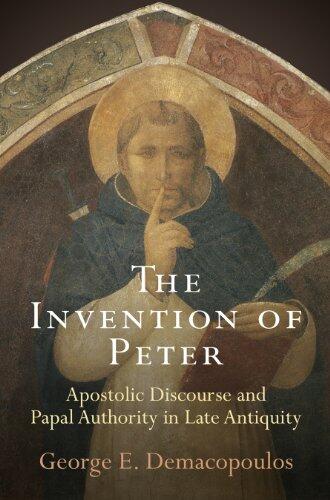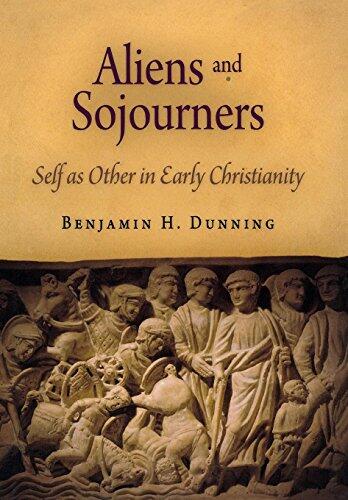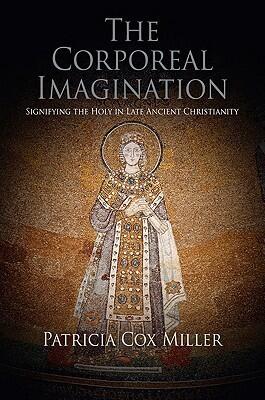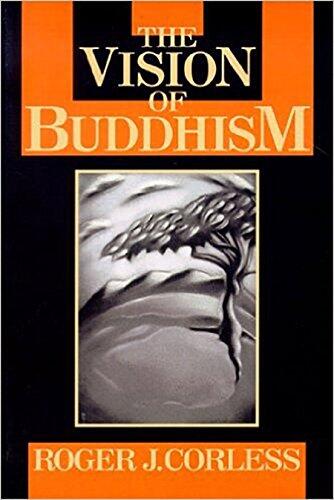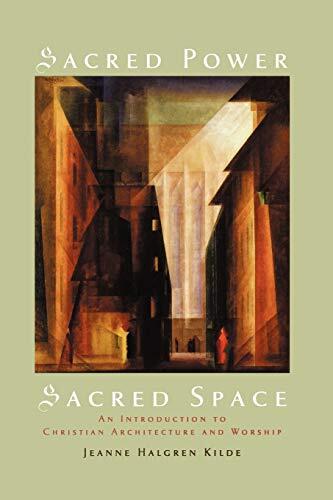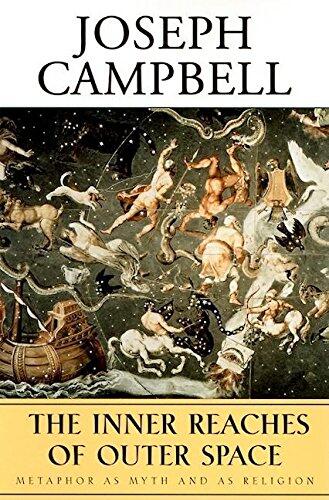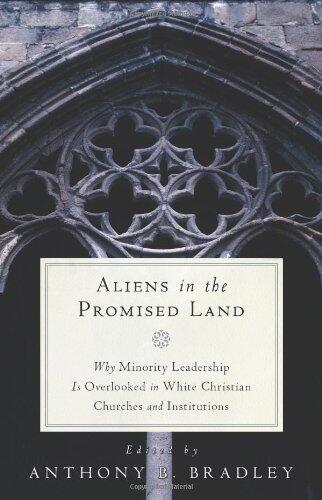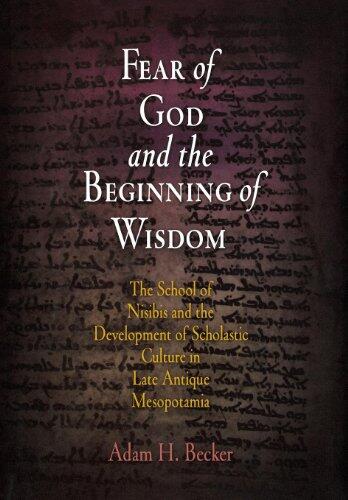
Fear of God and the Beginning of Wisdom: The School of Nisibis and the Development of Scholastic Culture in Late Antique Mesopotamia
还没有评分
Religion & Spirituality
History
Horror
格式
精装书
页数
320
语言
英语
已发布
Jun 28, 2006
出版商
University of Pennsylvania Press
版本
New Edition
ISBN-10
0812239342
ISBN-13
9780812239348
描述
In the heart of late antique Mesopotamia, the School of Nisibis emerged as a pivotal center for learning and theological discourse within the Church of the East. Adam H. Becker delves into the rich intellectual traditions that characterized this influential institution, exploring how it shaped the landscape of scholastic culture in the region. The narrative paints a vivid picture of an era marked by profound religious and philosophical inquiry, reflecting the complexities of faith and reason that prevailed during this transformative period.
Becker's examination reveals that the fear of God was not merely a foundational religious principle but also served as a crucial starting point for the pursuit of wisdom. This intertwining of spirituality and intellect fostered an environment where rigorous debate and dialectical reasoning thrived. The students and scholars at the School of Nisibis contributed significantly to the development of theological frameworks that would resonate throughout the ages.
Through this exploration, the author offers insight into how the legacy of the School of Nisibis extends beyond its temporal bounds, influencing subsequent generations of thinkers. This investigation into the pedagogical methods and ideas circulating within this unique academic community enriches the understanding of late antique culture and underscores the lasting impact of its intellectual endeavors.
Becker's examination reveals that the fear of God was not merely a foundational religious principle but also served as a crucial starting point for the pursuit of wisdom. This intertwining of spirituality and intellect fostered an environment where rigorous debate and dialectical reasoning thrived. The students and scholars at the School of Nisibis contributed significantly to the development of theological frameworks that would resonate throughout the ages.
Through this exploration, the author offers insight into how the legacy of the School of Nisibis extends beyond its temporal bounds, influencing subsequent generations of thinkers. This investigation into the pedagogical methods and ideas circulating within this unique academic community enriches the understanding of late antique culture and underscores the lasting impact of its intellectual endeavors.
